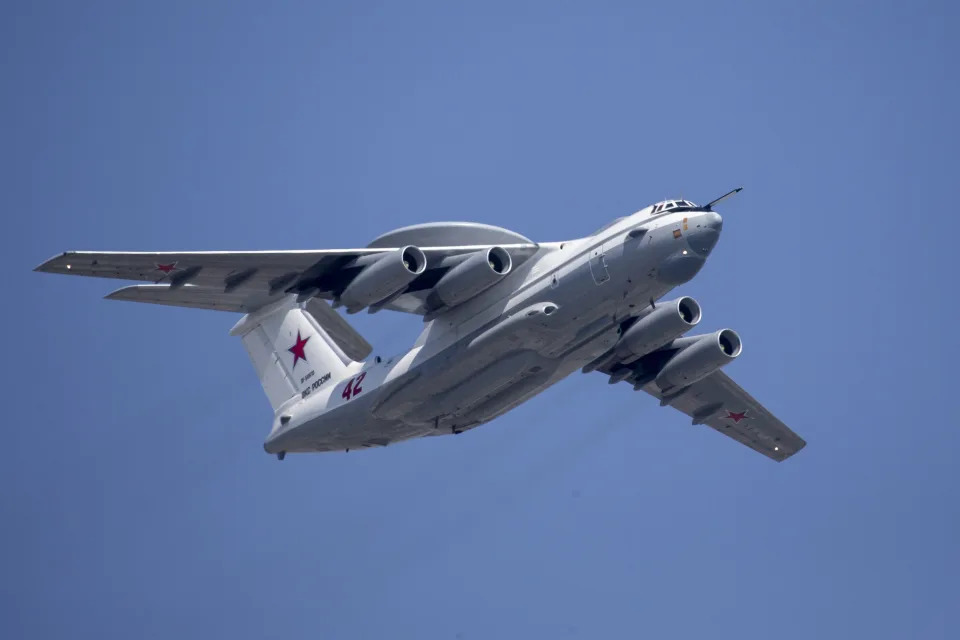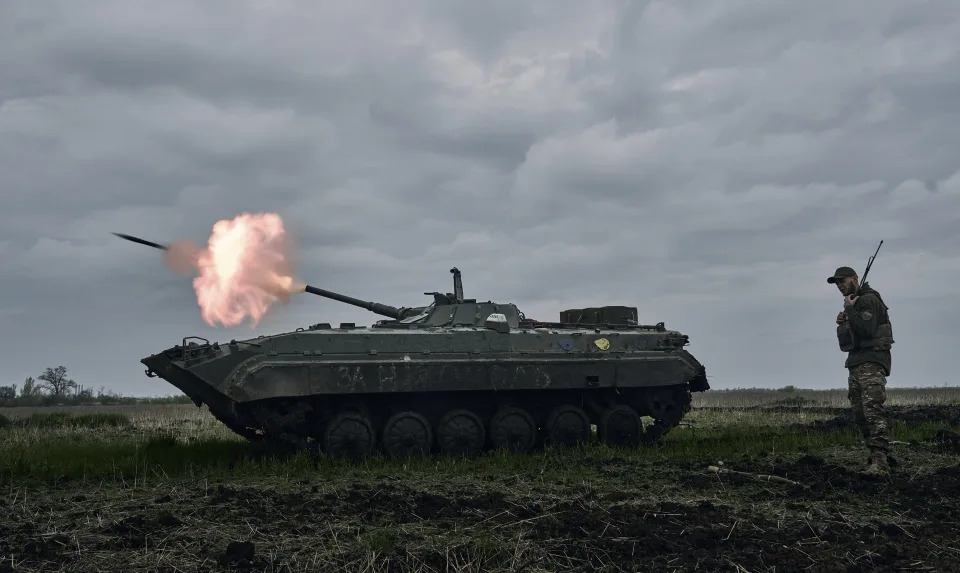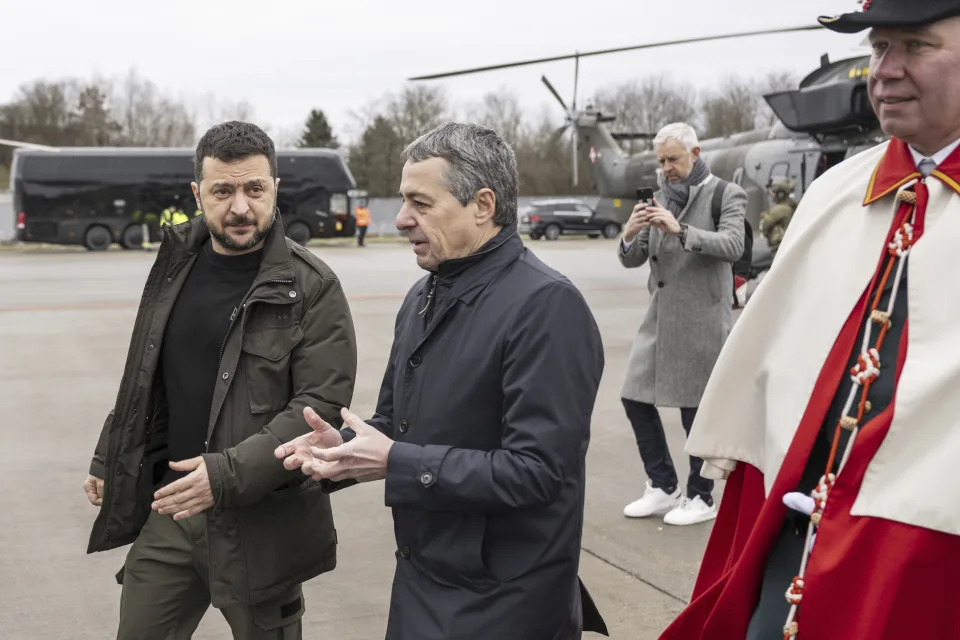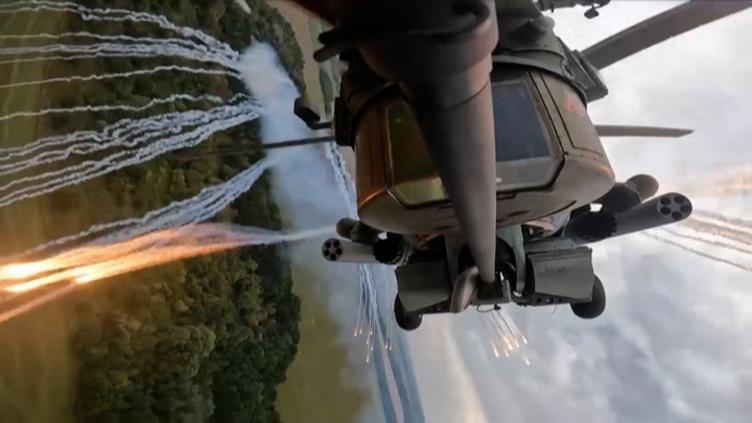The New Voice of Ukraine – Opinion
In the enemy camp. What the future holds for Russia
The New Voice of Ukraine – January 15, 2024

Russia will become North Korea, and Putin will become Kim Jong-un
Regarding Russia and its near future, we must realize that the margin of economic and institutional stability of Russian statehood will remain strong. However, Russia will still undergo profound changes and transformations.
The political system in Russia will be in a state of latent turbulence. The ruling Kremlin elite will do its best to preserve the image of the collective Putin in the public mind. However, the Kremlin’s towers will be swaying in different directions as all participants prepare for the transition of power in post-Putin Russia. A step-by-step plan has been created on how and who to act.
In the Russian Federation, people’s trust in each other is low by world standards, which indicates tension in society, mass fears, and mutual alienation at the social level.
A similar situation will be observed in the regions, particularly in the national republics and autonomous districts. Centrifugal processes will accelerate, provoking a reaction from the central government. A striking example of a “watchdog” over certain national fringes is the head of Chechnya, Ramzan Kadyrov. This will provoke even greater confrontation.
The Kremlin’s towers will be swaying in different directions
These processes will be deepened and accelerated by the country’s difficult social and economic situation, which has wholly switched to war. Inflation, an increase in the discount rate, higher prices for food, fuel, housing, and utilities, significant import restrictions, and rising lending rates will also increase tensions. The social gap between large metropolitan areas and the regions will rapidly deepen. Forced mobilization and border closures will increase the shortage of skilled labor. At the same time, it is impossible not to note the steps the Russian Federation took to stabilize the financial and economic system, which resulted in a budget deficit of 0.7% of GDP.
Putting the economy on a war footing, coupled with the West’s toughened sanctions policy against exports to Russia, will undoubtedly lead to a deepening shortage of certain consumer goods, from imported cars and spare parts to gaskets and toothpaste. Gray imports, which the Russians use in their military-industrial complex, cannot cover the needs of a country of 110 million people for essential hygiene products or household appliances. This situation will undoubtedly strengthen China, which is already actively pursuing economic expansion in Russia. An example is the assembly of JAC cars under the Moskvich brand at the former Renaut plant. The well-known Russian Lada Kalina will suffer a similar fate of complete “Chineseization.”
The state of affairs in the Russian armed forces will also affect public sentiment. “Meat assaults” will remain a key tactic of Russian generals. This will affect the moral and psychological state of the personnel, and the growth of the death conveyor will further drive Russian society into alcoholic apathy. The return of demobilized soldiers from the front will lead to massive criminalization of the Russian hinterland, including yesterday’s convicts. Problems with army logistics will remain. Russian soldiers will continue to be massively underfunded and underprovisioned and will go into battle with outdated weapons.
Old and new special operations
Russia will not abandon the KGB’s usual practice of creating “sources of instability” in different parts of Europe and the world. The main areas of such work are the Balkans (Kosovo, Bosnia and Herzegovina), Kazakhstan (northern regions of the country), Armenia, Moldova, the Baltic States, Niger, and Sudan. In the Baltics, the Russians will only “shake” the socio-political situation through their agents, playing the old card of “protecting the rights of Russian speakers.” They will provoke a direct armed conflict in Kosovo, using historical differences between Serbia and the former autonomous province of the Socialist Federal Republic of Yugoslavia. In Kazakhstan, a scenario using proxy armed groups such as the “Donbas militia” of 2014 is possible. The main goal of such sabotage activities is to divert attention from Ukraine and create global chaos and the illusion that complete peace cannot be established without the participation of the Kremlin and Russia.
Putin’s Death and the Transition of Power
2024 is the year of the Russian presidential election. However, even Putin’s death or re-election for another term will not fundamentally change the strategic situation for Ukraine. But there are nuances.
Putin’s obvious re-election will show that the Kremlin’s policy remains unchanged. That is, the military and political leadership will continue to try to implement a strategy to restore the Russian Empire within the borders of the former Soviet Union.
At the same time, the order of the International Court of Justice in The Hague significantly restricts Putin’s international communications. It marginalizes not only him personally but the entire country. Consequently, Russia’s official representation in the international arena will primarily be purely formal. It will only be fully effective in some African and Asian countries. As a result, this factor will undoubtedly push Russia to the margins of the global political landscape, turning it into a third-world country. This status has already become a significant problem for Russian elites and those Russian citizens who are used to considering themselves “people of the world.” And now they will live in a new “North Korea” with a new “Kim Jong-un.”

 Scroll back up to restore default view.
Scroll back up to restore default view.











 Scroll back up to restore default view.
Scroll back up to restore default view.